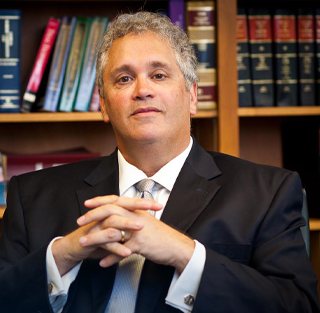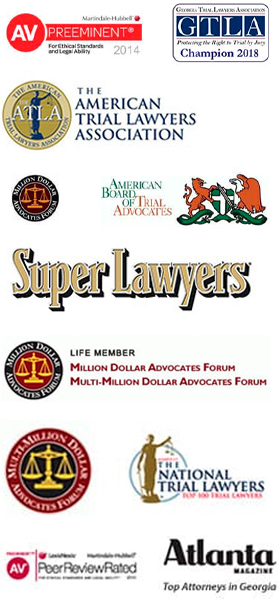Atlanta Nightclub Shootings Becoming More Common
The number of shootings in the U.S. is increasing at an alarming rate. One of the deadliest shootings in recent memory occurred at a Florida nightclub in June 2016, killing at least 49 people and left dozens more injured.
Atlanta is not immune to bar and nightclub shootings, as shown by the following:
- 2012 shooting at the QUAD nightclub
- 2020 shooting at The Voo Lounge
- 2020 shooting at Monaco Hookah Lounge
- 2020 shooting at the Members Only Lounge
- 2020 shooting at Up Lounge
- 2022 shooting at Revel Nightclub
- 2022 shooting at the PreGame Bar & Grill
- 2023 shooting at the Republic Lounge
- 2023 shooting at the Premier Lounge
While the number of deaths that resulted from these acts of violence were not on the same scale as the Orlando nightclub shooting, for the individual victims and their families the damage is the same.
If you are a victim of a nightclub shooting in Atlanta, or if you have lost a loved one in a nightclub shooting, you have the right to press charges in civil court.
Who Is to Blame for Damages Caused by a Nightclub Shooting?
A victim who is shot at a nightclub may suffer a myriad of losses and catastrophic injuries. If the person does not die in the attack, they may experience:
- Significant blood loss (which can lead to a number of health complications)
- Spinal cord injury
- Paralysis
- Brain injury
- Permanent eye damage
- Loss of (function) of limb
- Psychological harm
Of course, these victims also suffer huge economic losses in the form of medical expenses, and potentially lost wages, too. A victim of a nightclub shooting deserves to be compensated for these losses. In the majority of these types of premises liability cases, there are different parties who may potentially be held liable for these losses, and agree (or be ordered by a court) to pay the victim damages. These parties are:
- Shooter
- Owner of the property/nightclub where the shooting occurred
- Property manager
- Security company
Why Would a Property Owner Be Liable for My Injuries?
It makes sense that a shooter would be held liable for your injuries – they are the party who enacted harm. However, filing a civil claim against a shooter isn’t always sensible; shooters often have little money, and therefore, even if your claim is successful, you may not be able to recover any financial compensation.
A property owner, however, is typically covered through their property insurance policy. A property owner, property manager, and/or security company may be liable to compensate the victim or the victim’s family in a wrongful death claim if it can be established that the property owner failed to provide a reasonable amount of security to prevent the shooting from occurring.
This is called a negligent security claim, and is relevant when the property owner failed to:
- Provide adequate lighting
- Provide a security guard
- Search people when entering the nightclub
- Have security cameras in place
The list is not all-inclusive, and not all items pertain to all cases. Essentially, a property owner is required to take reasonable action to prevent foreseeable crimes from occurring.
Work with an Experienced Atlanta Negligent Security Attorney for Bar & Nightclub Shooting Cases
Negligent security cases are very complex, and require a thorough investigation into the case, as well as specific knowledge of the law. Our attorneys are extremely experienced at handling negligent security cases, and are ready to take on your case and advocate for you today. To schedule your free case consultation, call our offices now or fill out our online form.
The foregoing answer is not legal advice and is merely a general overview. You are advised to consult a lawyer to address your specific situation. Feel free to send comments or questions to: steve@aa-legal.com of Apolinsky & Associates, LLC, or call (404) 377-9191.



